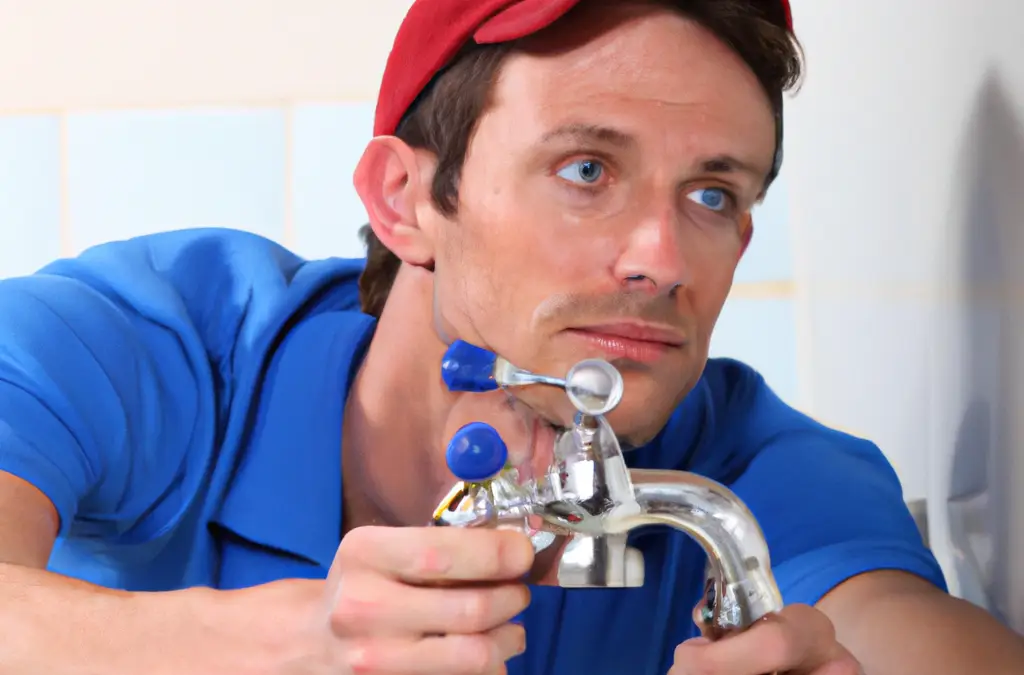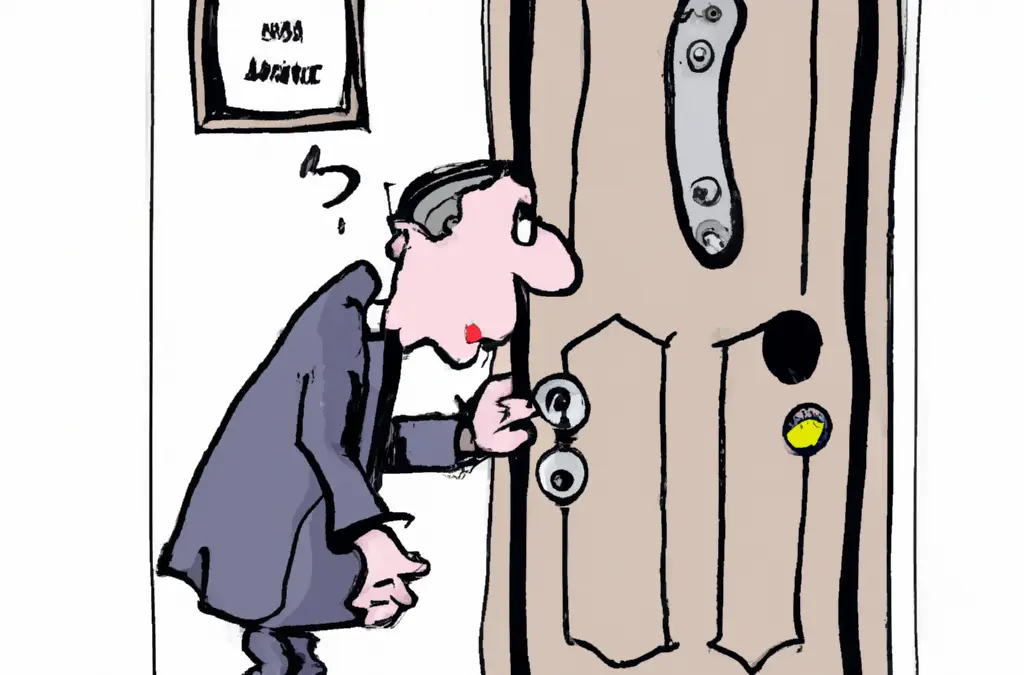Allconnex’s Demise Will Cost Us All
If you have not already received your first water account since the demise of Allconnex on 30 June then you are about to receive it.
Allconnex began effecting ratepayers of Gold Coast and Logan from 1 July 2010 and its demise on 30 June 2012 was cheered by many. I predict the cheering will be short lived especially for Gold Coast ratepayers who are going to be looking at enormous increases in water charges in coming years to pay for infrastructure upgrades. Very simply sewer and water pipes need maintaining, pump stations require upgrading and sewerage treatment plants require upgrading constantly.
Previously all water distribution was run by local councils and in the main they ran efficient and profitable water departments. Gold Coast Water was a world leader in water distribution winning many awards and returning $80,000,000 in profit every year to subsidise rates and other council services. Despite what many people think we have not returned to the previous business model. Now Gold Coast and Logan council’s are the retailers which is the water and waste water service provider only. The profits previously were generated by owning and operating the bulk water supply.
The Queensland Government owns the bulk water supply. For Gold Coast ratepayers this includes the Hinze Dam, Little Nerang Dam and the desalination plant . The Queensland Government sets the wholesale price that council’s pay for water. These costs are then passed on to residential and business customers to pay.
If you look at the water costs for 300 kilolitres of water below, which is the average use for a family, its obvious that Gold Coast water and waste water costs are the most expensive compared to neighbouring council areas.
Remember when your bill arrives this year and in coming years with continual increases do not blame the current Gold Coast city councillors or Queensland government but the eight councillors at Gold Coast City Council in 2011 who ignored the facts and bowed to ill informed pressure groups, voting to leave Allconnex and pay in excess of $60,000,000 to compensate Logan And Redlands councils.
Water & Waste Water Costing Example For Using 300 k/l Of Water
Gold Coast Residential
water connection fee: $201.50
waste water connection fee: $688.88
300k/l @ $3.27 per k/l: $981.00
$1871.38
Gold Coast Non-Residential (Business)
water connection fee 20mm meter: $358.90
waste water connection fee: $688.88
300k/l @ $3.27 per k/l: $981.00
300k/l @ $4.23 calc on 90% wastewater:$1142.10
$3170.88
Tweed Residential
water connection fee: $128.00
300k/l @ $2.05 per k/l: $615.00
$743.00 Tweed Non-Residential (Business)
water connection fee: $128.00
300k/l @ $2.05 per k/l: $615.00
300k/l @ $1.30 per k/l wastewater: $390.00
credit allowance of 180k/l wastewater: -$234.00
$899.00
Scenic Rim Residential
water connection fee: $280.00
waste water connection fee: $500.00
300k/l @ $3.19 per k/l: $957.00
$1737.00
Scenic Rim Non-Residential (Business)
water connection fee 20mm meter $355.56
waste water connection fee: $525.60
300k/l @ $3.20 per k/l: $960.00
$1841.16
Logan
300k/l @ $5.06 per k/l: $1518.00






 The most common plumbing tasks that cleaners who are untrained, unskilled and unlicensed appear to be being required to undertake as part of their cleaning duties are:
The most common plumbing tasks that cleaners who are untrained, unskilled and unlicensed appear to be being required to undertake as part of their cleaning duties are:
 If your hot water unit has a valve that looks like the one pictured on the right, then you have a tempering valve installed. The most common valve installed has a blue cap, but valves used on gas units frequently have a green cap and those on solar or heat pump units have an orange cap.
If your hot water unit has a valve that looks like the one pictured on the right, then you have a tempering valve installed. The most common valve installed has a blue cap, but valves used on gas units frequently have a green cap and those on solar or heat pump units have an orange cap.
